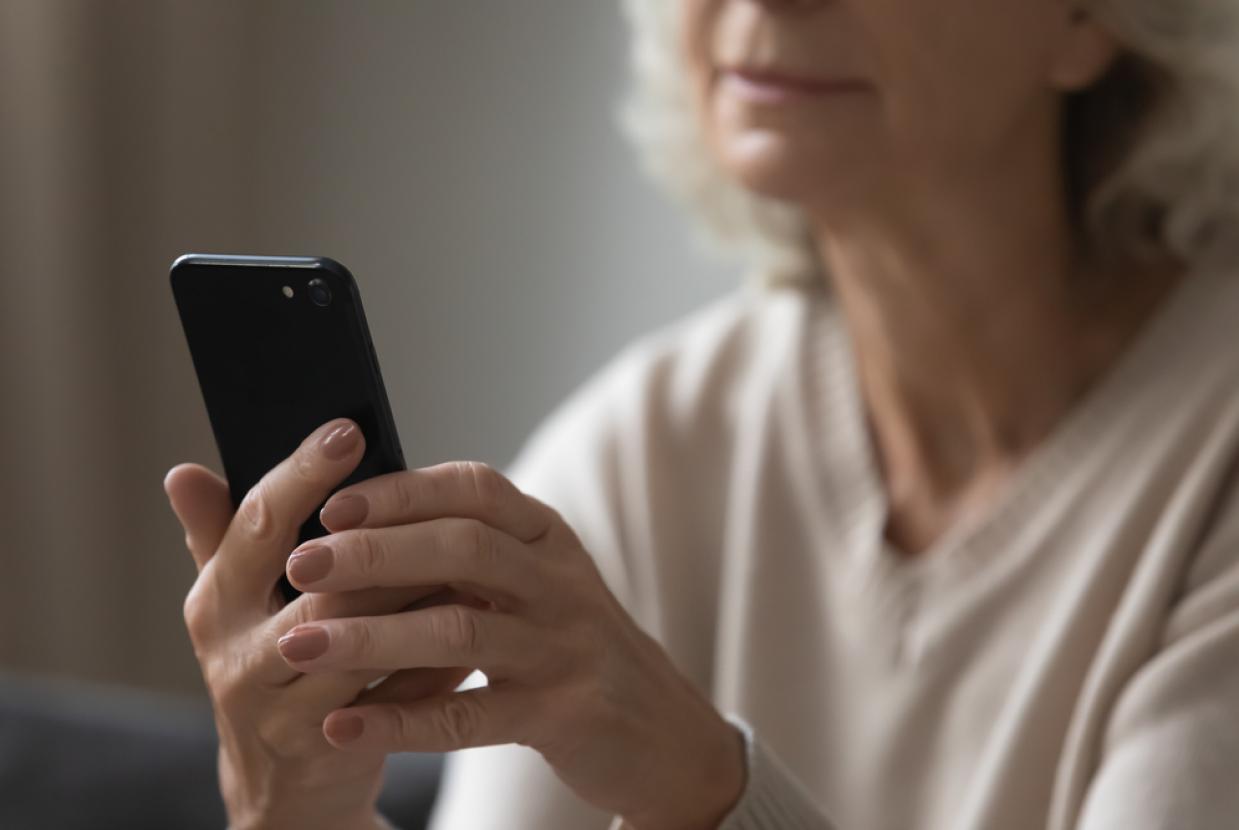Noticing Changes In Your Eyes
Here you’ll find information about what to do if you are experiencing changes to your vision or your eye health.
Changes in your vision as you age
It’s normal for your eyes to change with age. Some changes may be due to needing a different glasses prescription. Others may be a sign of an eye condition. If your eyes don’t feel right or you notice changes in your vision, book an eye examination with an optometrist. Find out how to find a local optometrist here.
If you notice any changes to your vision, for example if your vision isn’t as clear as it used to be, then an eye examination with an optometrist is usually the best place to start. They’ll check if your eyes are healthy, and if your vision can be improved with a new glasses prescription.
An eye examination can pick up eye conditions and make sure that you get any sight saving treatment you need. If your optometrist notices any signs of an eye condition, they’ll refer you to the right person who can help. This might be an ophthalmologist (eye doctor) at the hospital, a specialist optometrist, or your GP.
Signs of changes in your vision
It can be difficult to notice changes in your vision, especially if the changes happen over a long period of time. You might notice changes in your everyday habits, or people close to you might notice things that could be signs of changes in your vision.
Some examples of this include:
- You struggle to see the TV
- Holding your smartphone or tablet close to your face
- Difficulty reading your post
- You find it hard to recognise people you already know
- It’s harder for you to find your way around new places
- You struggle to find things at home if they’ve been moved
- Increasing the magnification on your computer or laptop
- Bumping into things around the house
- Regularly tripping over things
- Finding it hard to read facial expressions
- You’re reluctant to go out or do things you used to enjoy because of your vision
Any changes you notice in your vision should be checked. If the changes happen suddenly, you should get advice the same day if possible. If the changes are gradual over weeks or months, then you should contact your optometrist and have an eye test soon.
Booking an eye test
Getting your eyes tested regularly is the best way to look after them. Even if you don’t notice any changes in your vision, or can see well without glasses, you should have a routine eye test at least every 2 years.
It’s important to get your eyes tested regularly because some eye conditions have no symptoms. They can damage your eyes before you notice any problems. An eye examination can pick up the first signs of an eye condition early, so you can get treatment (or support managing your condition) and help protect your sight.
Many eye conditions can be managed or treated and the earlier you get medical advice, the less likely you are to lose your sight. Most eye conditions don’t cause sight loss if they are detected and treated or managed early.
We've also prepared helpful information about free eye tests and optical vouchers, and what happens before, during, and after an eye examination.
Sudden changes in your vision
If you notice sudden changes in your vision, get medical help quickly. Symptoms which need immediate medical attention include:
- You have a sudden change in your vision
- Losing all or part of your vision in one eye or both eyes
- Having an accident involving your eyes
- You suddenly start seeing flashing lights or floaters
- You have double vision which starts suddenly and is constant
- You experience sudden or constant pain in your eyes
- You suddenly become very light sensitive
If you notice any sudden changes in your vision, you should get medical advice the same day. You can contact your GP or optometrist or call 111 for advice. Depending on your symptoms, you might need to go to the Accident and Emergency department at your local hospital.












































